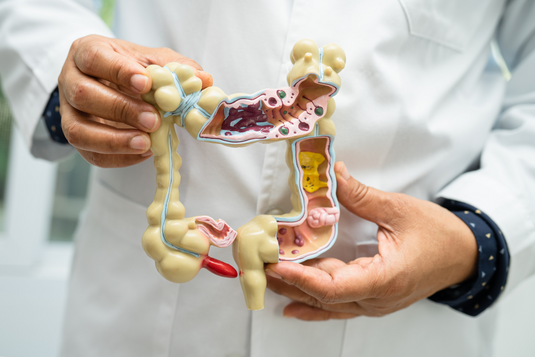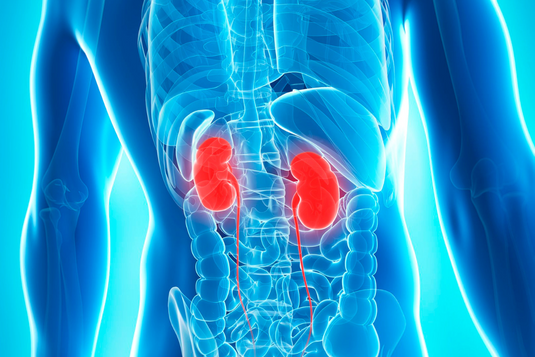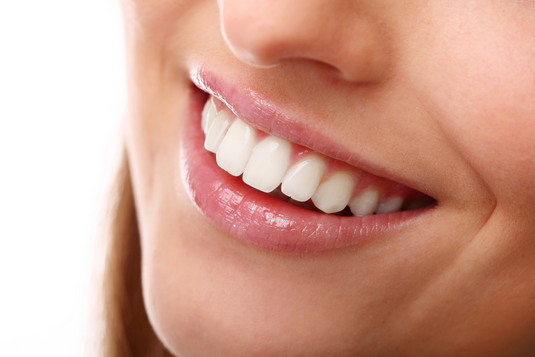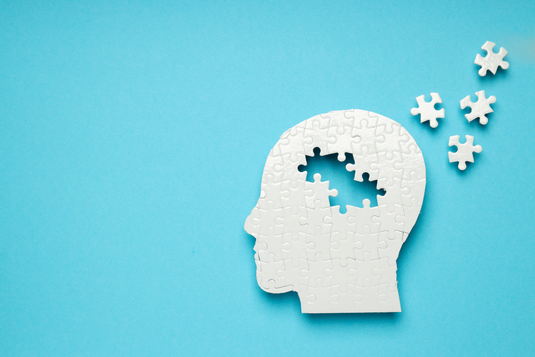Continuation of the article "Secrets of intestinal health (Part 1)" .
How to heal from gut health problems
Trends to avoid
There are many trends circulating in the health world that appeal to those who understand the importance of a healthy gut. Although many of these trends are started with good intentions, people looking for gut health solutions often fall into their trap and suffer negative consequences. Sodium bicarbonate is one of these trends, which is presented as a means of alkalizing the body and reducing candida levels. Unfortunately, this ill-informed remedy is too aggressive on the intestinal tract and liver to be useful. Sodium bicarbonate kills the beneficial bacteria we need instead of only fighting the pathogens we want to eliminate.
Avoid diatomaceous earth as it is too abrasive for the intestinal lining. It saturates the mucosa and suffocates the beneficial bacteria that exist there by not being quickly excreted from the body. Diatomaceous earth can create malabsorption and prevent candida from performing its important function.
Avoid taking medicinal clay as it is also too harsh on the intestines. It acts like heavy sandpaper that scrapes the sensitive walls of the colon and small intestine; friction makes it more harmful and does not clean it as many think. When you eat, the food creates additional pressure that presses the clay even further into the intestinal lining. Some people may question this understanding of clay consumption, citing animals in the animal kingdom that eat clay without negative consequences. But our guts aren't built like deer's. Deer can eat many things that we cannot, such as branches, toxic leaves, and pieces of wood with poisonous alkaloids that would seriously harm us. So don't conclude that because an animal can eat clay, we must be able to too.
Be careful with liver and gallbladder cleanses, which are very popular trends, as our body does not like to be "forced" in this way. Better to avoid them. Instead, find consistent healthy habits that you know you can maintain long-term to achieve a healthy gut. You can check out the thyroid recovery plans in Anthony William's book The Healing Medium: Healing Your Thyroid and the 28-Day Cleanse from The Healing Medium Revised Edition for ways to smartly cleanse your body . These plans can be followed long-term.
Steps to recovery
Celery juice is the first thing Anthony William always recommends to people with bowel problems. It contains undiscovered mineral salts that build hydrochloric acid, making it a powerful tonic that should be included in your morning routine on an empty stomach. Find out how to make it from the article "How to make juice from celery stalks" . Celery juice makes the liver stronger, which as you already know is the cause of many symptoms related to gut health. If you don't like stalked celery by itself, you can add some apple and lemon, but pure juice is most effective. Drinking at least 120 ml. celery stem juice daily, preferably 480 ml. per day, heals the intestinal mucosa, calms the nerves, eliminates poisons from the liver and makes the digestive process less sensitive. You can also include pure cucumber juice every day. See the recipe "Cucumber juice" .
It's best to avoid eggs if you have gut problems or other health symptoms because they feed the pathogens you're trying to eliminate. Eggs, while often considered a perfect food by many, are a favorite food of viruses and bacteria. They create inflammation in the colon and intestines. You will learn more about the topic from the article "Why eggs are a problem food" .
One of the reasons many people with intestinal problems consume eggs is because they think it's one of the few things they can digest. But there's something different going on here compared to eating something like lettuce. When something you eat causes you pain, it doesn't mean you're not digesting it—it means that while it's being digested, it's touching sensitive nerves. If your gut is full of neurotoxins and inflammation, your nerves are irritated and sensitive. The eggs do not touch the intestinal walls, but sit in the middle like glue without causing a reaction to the sensitive nerves. However, they can worsen the condition over time.
You can digest fiber even if you feel uncomfortable when you consume it if your nerves are very sensitive. If it hurts too much, try eating foods such as avocados, ripe bananas, pumpkin, boiled potatoes, and other vegetables that are so cooked that they are very soft instead.
It is also best to avoid all dairy products as they also feed the pathogens. Avoid milk, cheese, yogurt, and kefir, whether from a cow, goat, or other animal. See more on the subject in the article "Why dairy products are a problem food" .
Fruits for a healthy gut
There is a common belief that fruit should be avoided if you have bowel problems. In fact, fruit should be one of your staple foods when trying to recover from colitis, gastritis, IBS, small intestinal bacterial overgrowth, celiac disease, candidiasis, or leaky gut syndrome. Try making fruit your first meal of the day, right after your morning celery juice . For breakfast, prepare a large platter of a variety of fruits, such as berries, stone fruits, or tropical fruits if you have access to them. Consume a large amount of fruit at one time when it is your main meal for the moment. For example, eat two or three ripe bananas, half or a whole cantaloupe, two to four persimmons, or a large bowl of sliced oranges.
Bananas and papaya are two of the most important foods for gut health. Many people have recovered from severe health problems thanks to the consumption of bananas and papaya, as they are some of the best foods for repairing the intestinal lining. Try mixing banana and papaya with some water for a restorative tonic.
Probiotics
Nowadays, many people buy expensive probiotics because they have heard that they are good for gut health. Probiotics are not useless - some probiotic supplements can be recommended to people who are interested. However, there is a much more important type of biotics that most people have not heard of and they are much more affordable and natural. Surface biotics are microscopic, life-supporting organisms that cover the above-ground parts (leaves and skins) of raw, unwashed (or lightly rinsed) organic fruits and vegetables. These surface biotics can have a huge effect on digestion. Unlike factory-produced probiotics and soil organisms, elevated biotics can survive the digestive process and reach the ileum, the last part of the small intestine that creates the body's critically important vitamin B12 .
If you want to take advantage of this gut health miracle, you have a number of options. First, visit a local farmers market and meet the producers. Start asking about their farming practices and see which farmers put the most effort into their organic farming. Remember that many small farms cannot afford to be certified organic, but their practices may be even better than EU organic standards. The more fruits and vegetables you buy from these farmers, as well as from certified organic farmers at the market, the better. Not only will you support local producers who work hard for quality food, but you'll also benefit from the powerful surface biotics found in kale leaves, apple skin, and even peach moss. When you buy, for example, an apple from a trusted organic farmer, there's no need to scrub and clean it hard, because that will wash away the surface biotics. However, if there are traces of dirt on it, you can gently rinse it or wipe it off with your fingers.
The other option for introducing surface biotics into your body is to grow some of your own food. It may sound daunting if you have no experience as a gardener. However, there are very simple things you can grow even without much knowledge or if you don't have a yard. You can grow sprouts on your kitchen counter - it only takes a minute a day, and the result is a whole tray of delicious sprouts that you can add to a salad or even a smoothie. Spices are also very easy to grow on the windowsill. Basil, rosemary, thyme and oregano take up very little space and can even serve as beautiful decorative plants. If you want to tackle a bigger project, you can build several garden beds in the open space you have. Growing your own fruits and vegetables will not only bring benefits to your health, but also a greater respect for the growing process and the care required to obtain these foodstuffs.
How to move forward
If you have a chronic digestive disorder or even just minor digestive issues that you know can be improved, it's probably important for you to restore the health of your digestive system. Constipation, bloating, and diarrhea can be painful and uncomfortable for our daily lives, so we hope you can apply what you've learned today and start getting better. Remember, the first step to true healing and improved digestion is knowing that your body is working for you—you just need to give it the right tools to fight pathogens, strengthen bile in the liver, and restore hydrochloric acid. Focusing on gut health is a process of ongoing daily habits that is long-term, not something that happens overnight. With this in mind, you can start taking at least one step each day that will bring you closer to healthy digestion.








